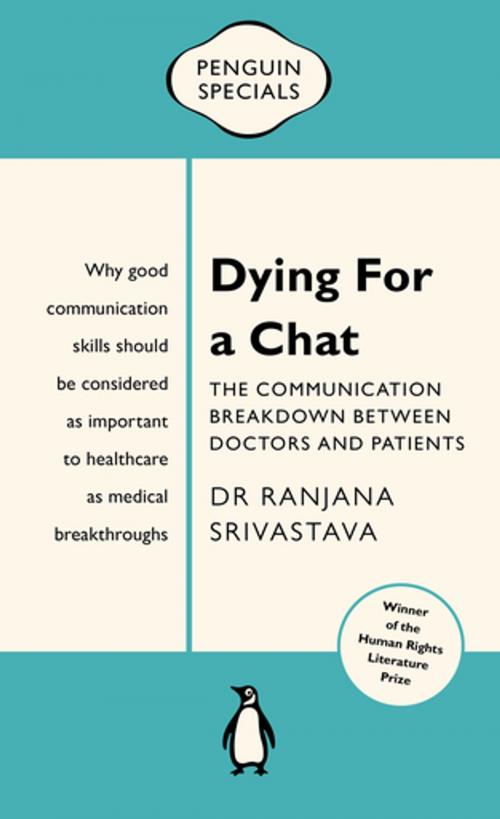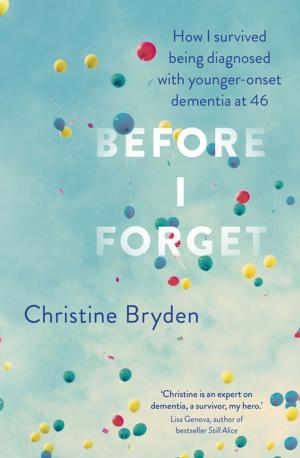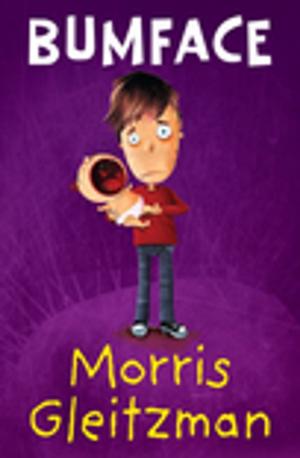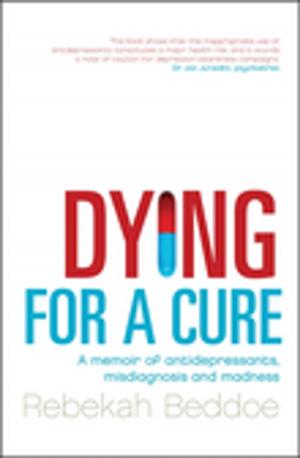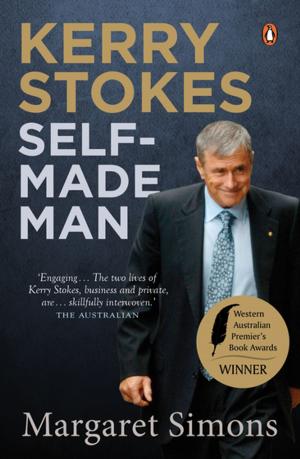| Author: | Ranjana Srivastava | ISBN: | 9781743480151 |
| Publisher: | Penguin Random House Australia | Publication: | November 26, 2012 |
| Imprint: | Penguin eBooks | Language: | English |
| Author: | Ranjana Srivastava |
| ISBN: | 9781743480151 |
| Publisher: | Penguin Random House Australia |
| Publication: | November 26, 2012 |
| Imprint: | Penguin eBooks |
| Language: | English |
We put much store in freedom of choice, but when it comes to our own medical diagnosis and treatment, are we equipped to make the best decisions? And are healthcare professionals properly prepared to guide us? Alarmingly, oncologist and award-winning writer Ranjana Srivastava says they're not, and people are suffering - even dying - as a result.
The internet encourages people to self-diagnose and browse for expensive and often unnecessary specialist attention, while healthcare workers feel bound to provide whatever service a patient requests, even if they know it to be risky, of dubious value, or a delay of the inevitable. And as doctors increasingly specialise, they offer patients only a small part of the puzzle of their health, crucially lacking an overall picture.
Srivastava contends that the best medicine should begin with a good chat. But our doctors are often ill equipped for the task. In her frank and clear-eyed assessment of an unacknowledged crisis, she makes an impassioned case for healthcare training to incorporate effective communication skills alongside advanced medicine.
'A humane treatise exploring the relationship between doctors and their patients'West Australian
We put much store in freedom of choice, but when it comes to our own medical diagnosis and treatment, are we equipped to make the best decisions? And are healthcare professionals properly prepared to guide us? Alarmingly, oncologist and award-winning writer Ranjana Srivastava says they're not, and people are suffering - even dying - as a result.
The internet encourages people to self-diagnose and browse for expensive and often unnecessary specialist attention, while healthcare workers feel bound to provide whatever service a patient requests, even if they know it to be risky, of dubious value, or a delay of the inevitable. And as doctors increasingly specialise, they offer patients only a small part of the puzzle of their health, crucially lacking an overall picture.
Srivastava contends that the best medicine should begin with a good chat. But our doctors are often ill equipped for the task. In her frank and clear-eyed assessment of an unacknowledged crisis, she makes an impassioned case for healthcare training to incorporate effective communication skills alongside advanced medicine.
'A humane treatise exploring the relationship between doctors and their patients'West Australian
